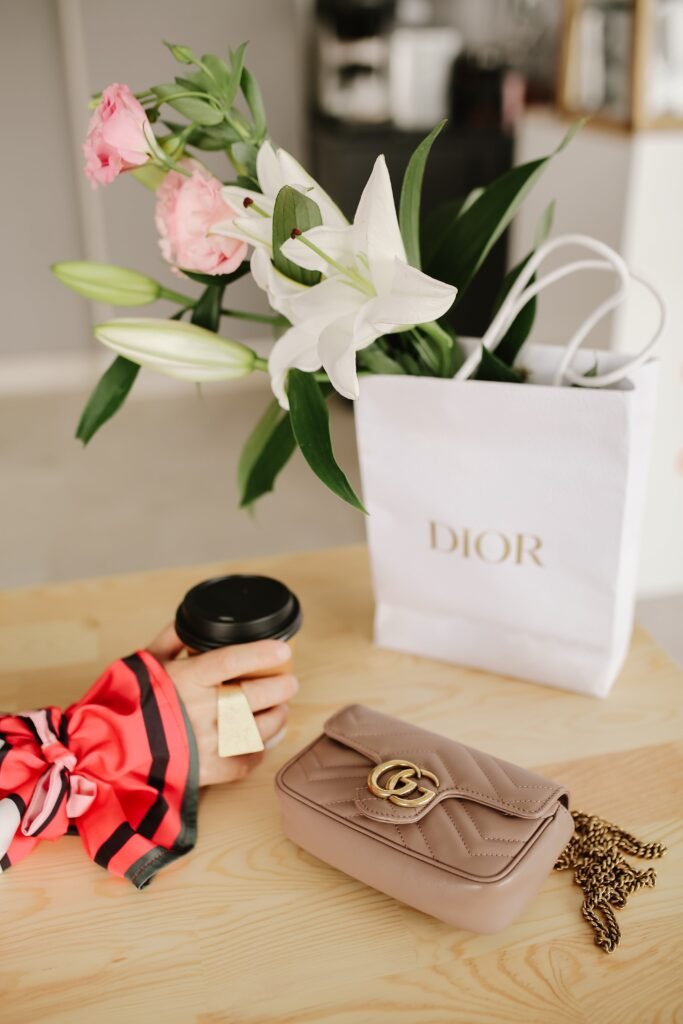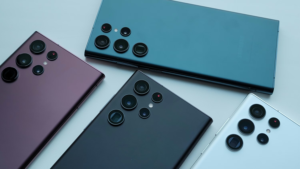
The rise of social media has given birth to a new era in the fashion industry – the era of fashion influencers. These digital trendsetters have transformed the way we perceive style, turning Instagram, YouTube, and other platforms into global runways. The fashion influencer industry is a multifaceted ecosystem, shaping trends, driving sales, and creating cultural impacts.
Fashion influencers, with their curated feeds and engaging content, have become style authorities. Their ability to seamlessly blend creativity with commerce has made them powerful marketing tools for brands. From haute couture to streetwear, influencers collaborate with fashion houses, designers, and retailers, lending their unique aesthetics to collections. The symbiotic relationship between influencers and brands has democratized fashion, making luxury and style accessible to diverse audiences.
Authenticity is the cornerstone of the fashion influencer industry. Followers crave genuine connections and relatability. Influencers who share personal style journeys, fashion tips, and behind-the-scenes glimpses into their lives resonate deeply with their audience. This authenticity fosters trust, turning followers into loyal consumers. Brands seek influencers whose values align with theirs, creating meaningful and believable partnerships that extend beyond mere endorsements.
Influencer marketing has revolutionized the way fashion products are promoted. Traditional advertising methods have taken a backseat as influencers weave compelling narratives around brands. Their ability to organically integrate products into their content blurs the line between advertising and personal recommendation. Followers perceive these endorsements as genuine suggestions from a fashionable friend, leading to higher engagement and conversion rates.
Diversity and inclusivity are driving forces in the fashion influencer industry. Influencers from various ethnicities, body types, genders, and backgrounds have shattered conventional beauty standards. They celebrate individuality, encouraging followers to embrace their unique identities. This inclusivity not only promotes a positive body image but also challenges the fashion industry to be more representative and accessible.
Fashion influencers have become entrepreneurs in their own right. Beyond brand partnerships, they monetize their influence through affiliate marketing, collaborations, merchandise lines, and even launching their fashion labels. Their ability to leverage their personal brand equity into profitable ventures showcases their business acumen and entrepreneurial spirit.
However, the industry is not without challenges. Authenticity, the very essence of influencer marketing, can be compromised when collaborations are driven solely by financial gains. Striking a balance between creative expression and brand partnerships is crucial. Additionally, the influencer industry must address issues related to transparency, disclosure of sponsored content, and the authenticity of follower engagement metrics.
In conclusion, the fashion influencer industry is a dynamic and influential force reshaping the fashion landscape. Its impact reaches far beyond aesthetics, influencing consumer behavior, shaping brand identities, and fostering a sense of community. As influencers continue to redefine the fashion narrative, their ability to authentically connect with audiences will remain pivotal, ensuring the industry’s evolution in an ever-changing digital landscape.








